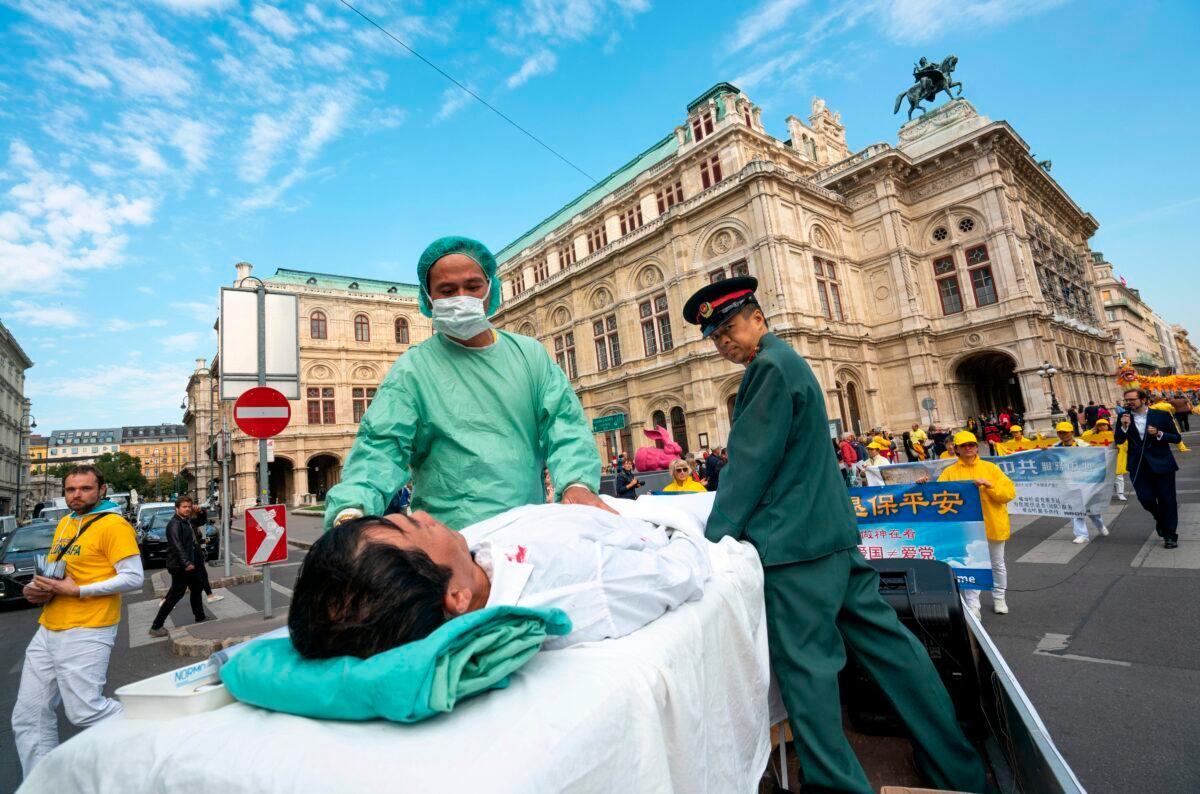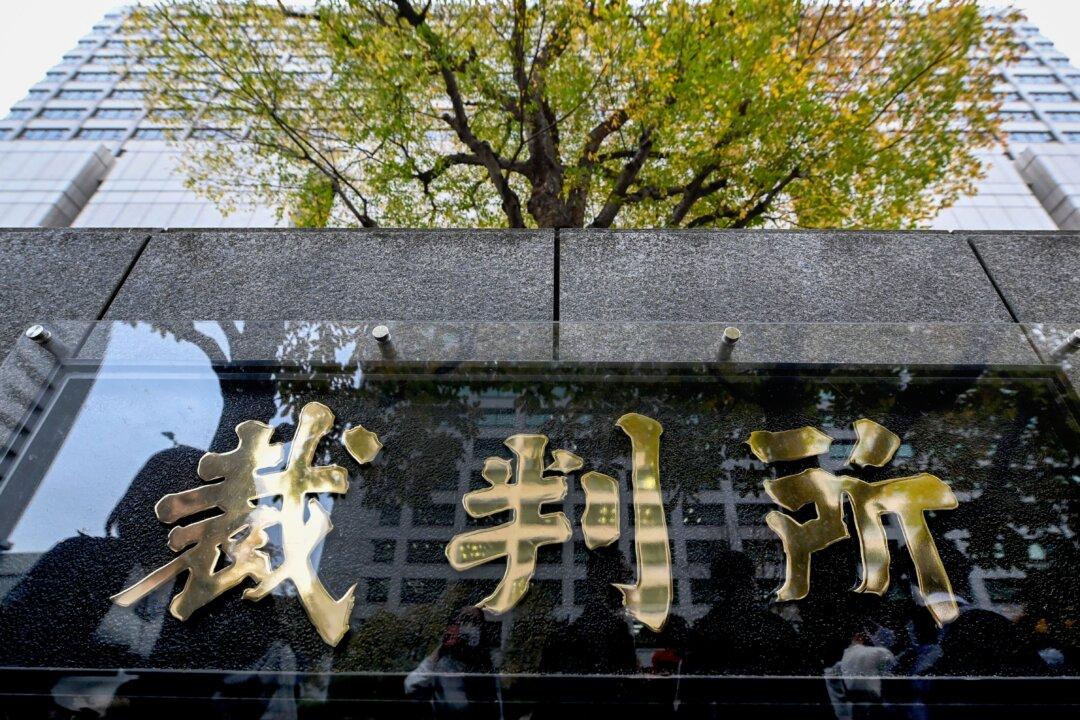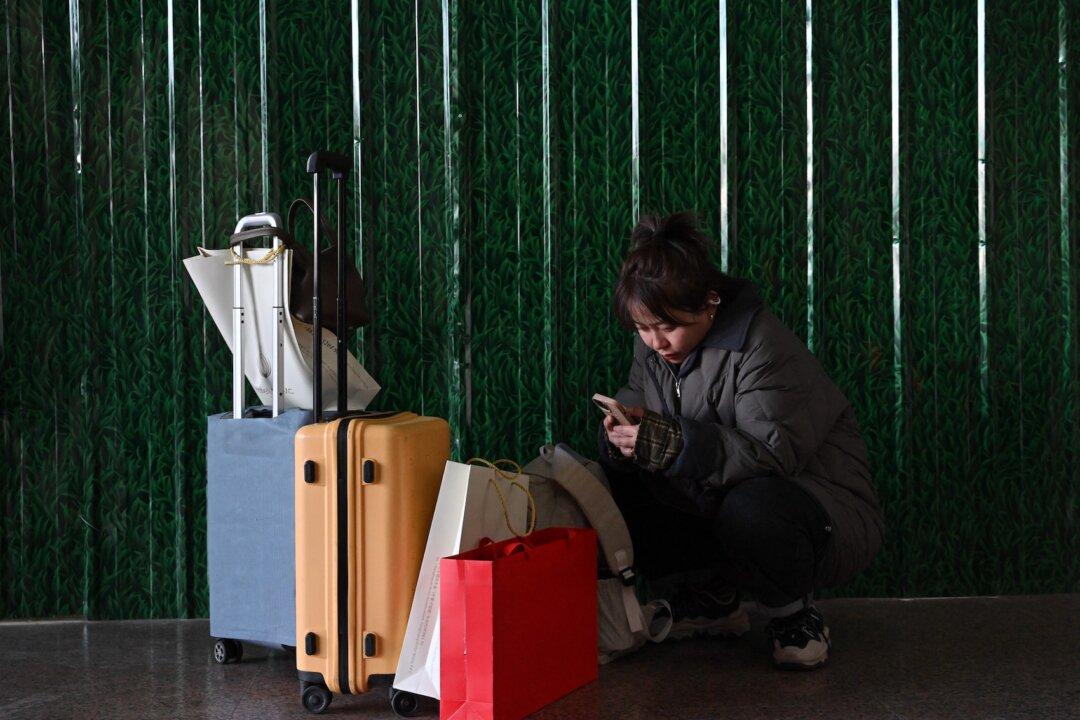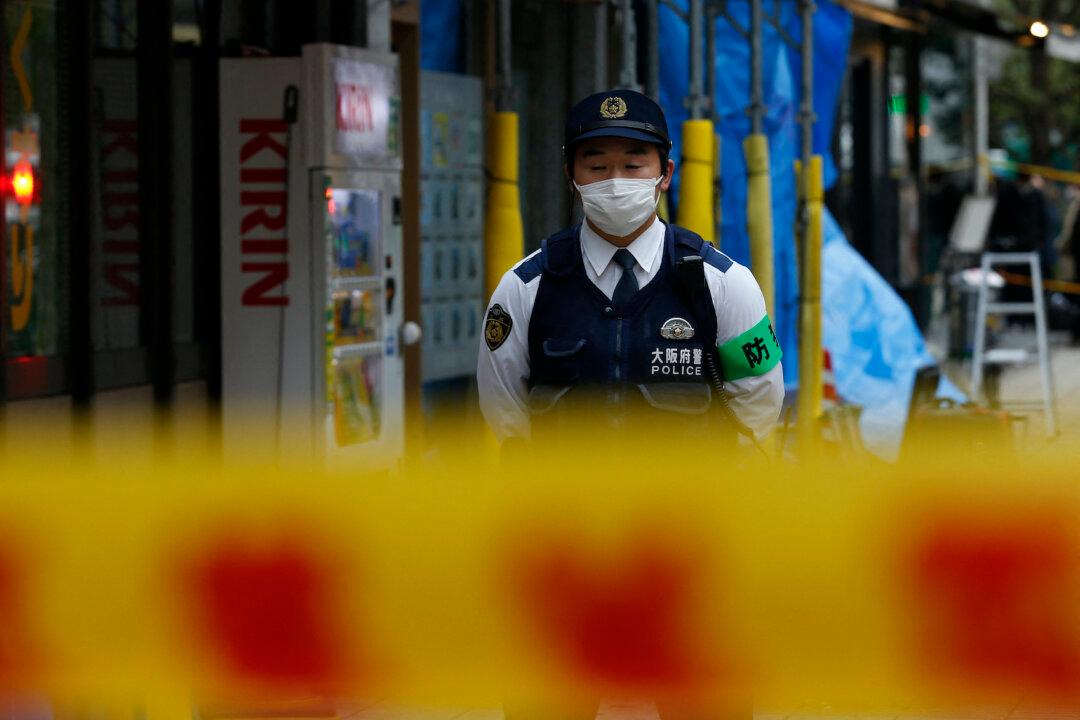Japan recently released its latest numbers for transplant travelers, showing one-third of them had their organs transplanted in China.
A Japanese governmental survey said that as of the end of March, 543 people were confirmed to have received organ transplants overseas, 175 of whom had received transplants in China, accounting for more than 32 percent of the total.
The transplants consist of 250 kidney transplants, 148 heart transplants, 143 liver transplants, and two lung transplants.
Of the 543 people, 42 received organ transplants from living donors, 416 received from deceased donors, and the remaining 85 were unknown donors, according to the survey.
The survey raises concerns about the widespread human organ harvesting and trafficking industry led by the Chinese Communist Party (CCP).
It found that “a single broker has helped more than 100 Japanese make the trip to China for transplants since 2004, and the trade is growing.”
According to the investigation, there is no need to wait for one or more years for organ transplantation as in Japan. In China, it takes only one month to receive liver transplantation. The maximum waiting time is two months. As for kidney transplantation, it takes one week to find a suitable donor. However, the source of the organs is “not specific.”

A Japanese health ministry survey published in March 2006 said that 453 Japanese had transplants of the heart, liver, or kidney in the United States, Australia, and China. But “official figures almost surely underestimate the number” the report noted.
Another report on Oct. 2, 2006, published in the Japanese newspaper Yomiuri Shimbun with the headline “Dangerous Gambling for Survival” detailed that a transplant costs about 13 million yen (approximately $1,819,200) but does not specify the organ donor. The article also documented the case of a Japanese man who went to China to receive a kidney and liver transplant.
Falun Gong adherents, Uyghurs, and prisoners of conscience detained by the Chinese Communist Party have been subjected to forced organ harvesting.
A Flourishing Human Organ Harvesting Industry in China
According to World Organization to Investigate the Persecution of Falun Gong (WOIPFG), China’s organ transplant industry was unaffected by the zero-COVID policy. Transplant clinics around the country opened as usual to receive patients, and many hospitals reported an abundance of organs.WOIPFG, from Feb. 2 to March 21 of this year, rolled out a new round of follow-up phone calls investigating dozens of professors, directors, and chief surgeons of transplantation specialists at some hospitals suspected of harvesting organs from living Falun Gong practitioners. One doctor said over the phone that he had multiple liver donors on hand.
The investigation involved 32 hospitals in 23 provinces and regions, except one private company, the other 31 are all national tertiary hospitals.
The survey results show that megacities such as Beijing, Tianjin, Shanghai, Hangzhou, Guangzhou, Zhengzhou, and Wuhan are the “big players” in transplantation; coastal areas like Hainan, Shenzhen, and Xiamen are rapidly expanding their organ transplantation business. Notably, Hainan Island, a hot spot for travel and vacation, enjoys organ transplantation privileges.
Japanese Politicians’ Criticism
As the Chinese Communist Party’s (CCP) crime of harvesting organs continues to be exposed, organ transplant tourism to China has raised serious concerns in Japan.
Matas also said that the Japanese government should ban the export of immunosuppressive agents to China, suspend financial support to China-Japan Friendship Hospital, and restrict transplant-related technology transfer.
Hakubun Shimomura, the former Japanese Minister of Education, Culture, Sports, Science, and Technology, expressed surprise upon learning from Matas’s lecture that many Japanese people travel overseas for transplants.
Japanese House of Representatives Member Hiromi Mitsubayashi said at the meeting that the Ministry of Health, Labor, and Welfare had launched a survey on the status of overseas transplants and will release the results by the end of the year. He pointed out that medical equipment in Japan may be exploited for transplants in China and that “Japanese companies should step up their investigations to ensure they are not complicit in human rights abuses.”
Japanese Senator Hiroshi Yamada urged the Ministry of Health, Labor, and Welfare to continue its investigation into organ trading and organ transplants. He said patients who have received transplants overseas may need to submit detailed information.
In June, an Epoch Times reporter interviewed some Japanese people about organ transplant tourism. They asked to be identified by only their surnames for security reasons.
Tanaka, a housewife living in Osaka, said that there is a high risk of becoming an accomplice to organ-hunting by performing transplants in China, “To prevent unknowing complicity in this crime, Japan should enact legislation to regulate travel for transplants.” She said.
Miyoshi, a horticulturist in Hokkaido, said: “I think the Japanese government should step in and ban it and let people know the situation because ignorance is a shame.”
Takagi of Osaka said: “It’s terrible that the Chinese Communist Party is harvesting the organs of Falun Gong adherents alive and that going to China for transplantation is indirectly involved in the murder. The Japanese government should tell the public the truth.
Ozawa, who works at a hairdressing salon in Osaka, said: “I can’t believe it. I hope Japan will not get involved.”
Nakahara, a retired accountant who lives in Tokyo, said that this shows that many people in Japan still don’t know the truth about live organ harvesting. Perhaps the dying people, or their families, want the patients to live and don’t want to know the truth. Another reason may be that there are not enough laws in place, so “Japan should be called upon to pass a law soon to stop a crime that should not exist on this earth,” Nakahara said.




